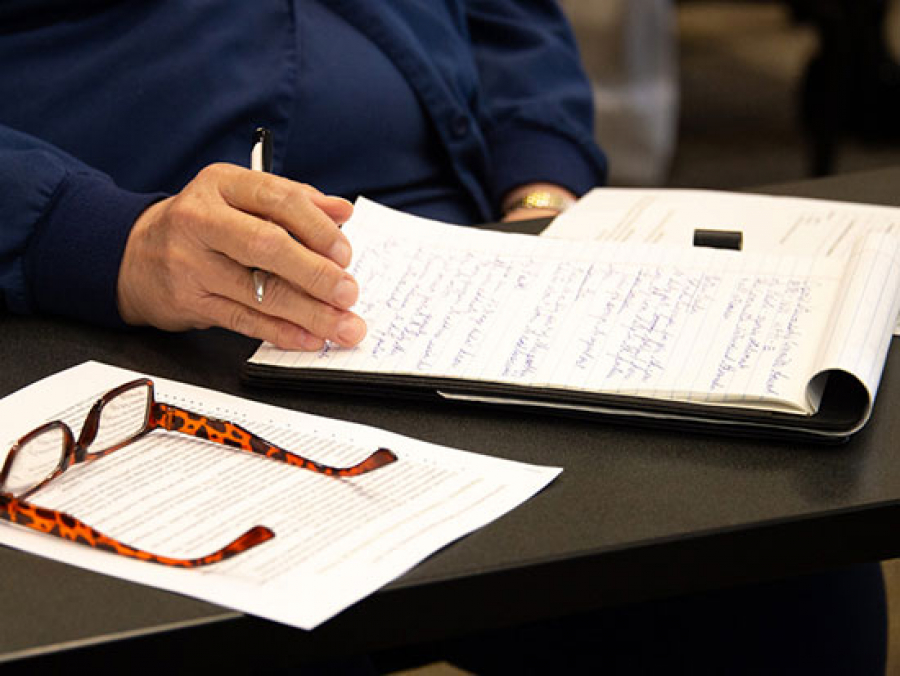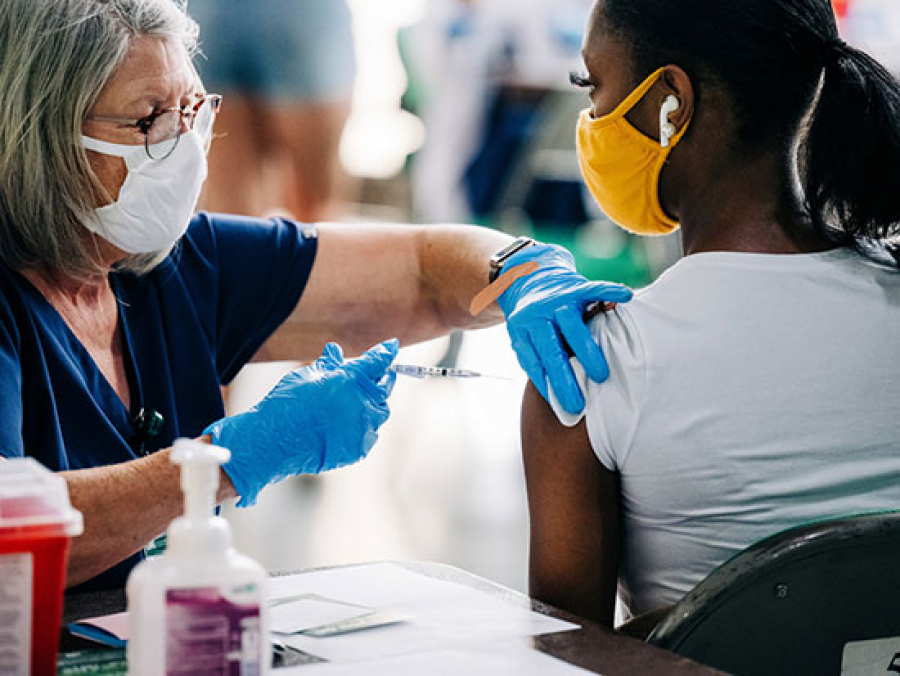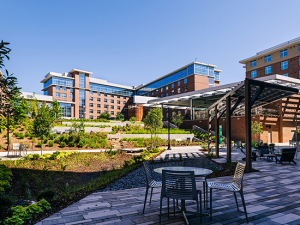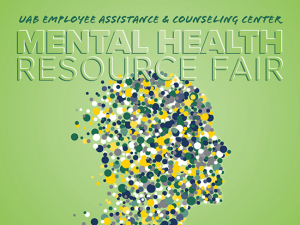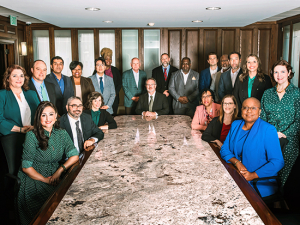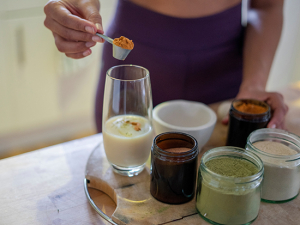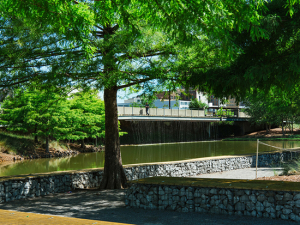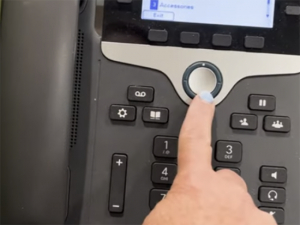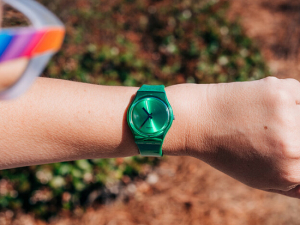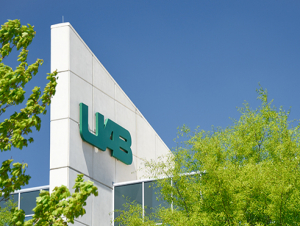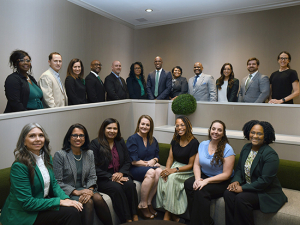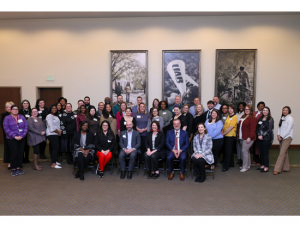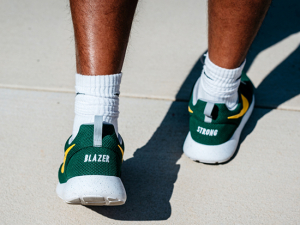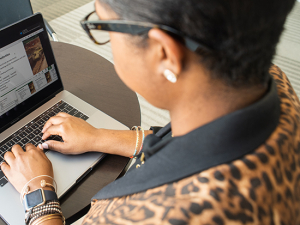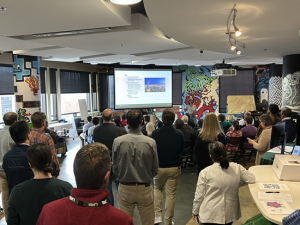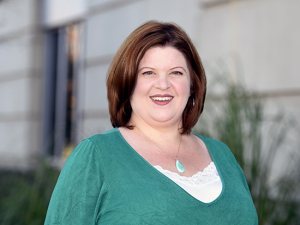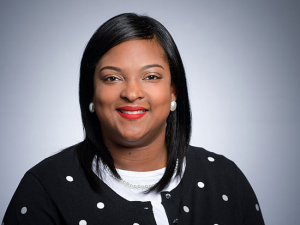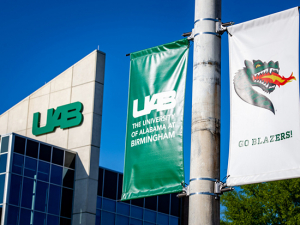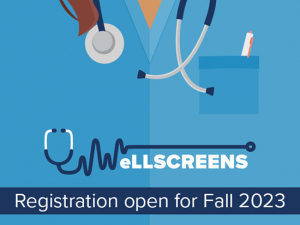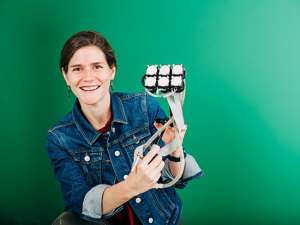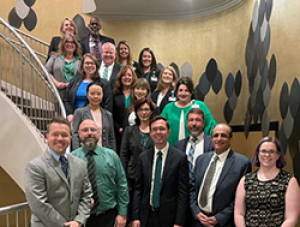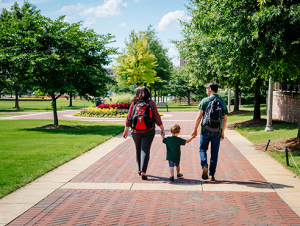 The UAB School of Dentistry leapt from No. 15 to No. 1 in recently announced rankings based on 2012 funding to dental schools and academic institutions in the country by the National Institute of Dental and Craniofacial Research (NIDCR), one of the National Institutes of Health.
The UAB School of Dentistry leapt from No. 15 to No. 1 in recently announced rankings based on 2012 funding to dental schools and academic institutions in the country by the National Institute of Dental and Craniofacial Research (NIDCR), one of the National Institutes of Health.The institute is the primary sponsor of dental, oral and craniofacial research and research training for the NIH.
“The highest rank the school has received in recent years has been fourth,” said Michael Reddy, D.M.D., D.M.Sc., dean of the UAB School of Dentistry. “These rankings illustrate UAB’s and the school’s leadership position in dental research. We have some of the top minds in dental research in the United States and the world at UAB, and this is a testament to our hard work and dedication to the nation’s oral health.”
The UAB School of Dentistry was awarded a total of $12,456,763 in 2012. In 2011, it received $4,251,671. This is an increase of slightly less than three times the school’s federal NIDCR research support from 2011 to 2012. It also is $2.5 million more in 2012 than the second-ranked Forsyth Institution.
UAB as a whole was awarded $12,935,420 from NIDCR is 2012. This total includes the School of Dentistry’s funding, as well as nearly $500,000 received by the UAB Departments of Genetics, Surgery, Microbiology, as well as Cell, Developmental and Integrative Biology, in the School of Medicine. In 2011, UAB also ranked 15 overall, with $6,385,752 in NIDCR funding.
The majority of the NIDCR funding increase, Reddy said, is due to the new National Dental Practice-Based Research Network. The seven-year, $66.8-million grant announced in 2012 has created a national dental practice-based research network, consolidating the institute’s former three regional research networks into a single, nationally coordinated effort. It is housed in the UAB Department of Clinical and Community Sciences under the leadership of Gregg Gilbert, D.D.S, M.B.A. The school received $9,976,266 for the project in 2012.
Reddy said the school is thrilled to be leading this national research effort, but it is not the only funding increase the school recorded from NIDCR in 2012. The Department of Periodontology saw an increase of $720,123; the Department of Oral and Maxillofacial Surgery had an increase of $629,312; and the Department of Pediatric Dentistry saw an increase of $117,570.
“Rankings such as these are mostly a way for us to compare ourselves with other universities and dental schools across the country,” Reddy said. “But the good news for our patients is these numbers are a testament to the fact that our faculty are making major contributions to the field of dentistry, bringing new treatments to our patients sooner, and disseminating that information to our students–the dentists of tomorrow. And for that, we are very proud.”
